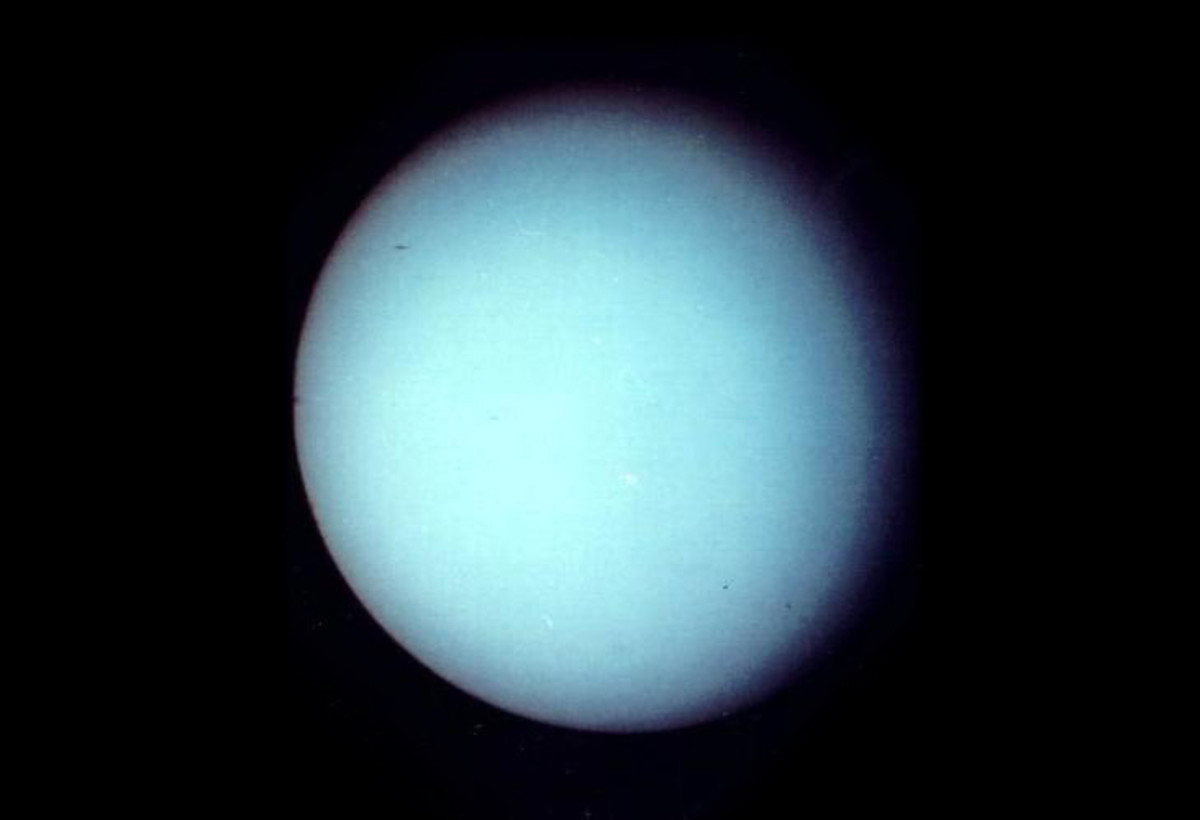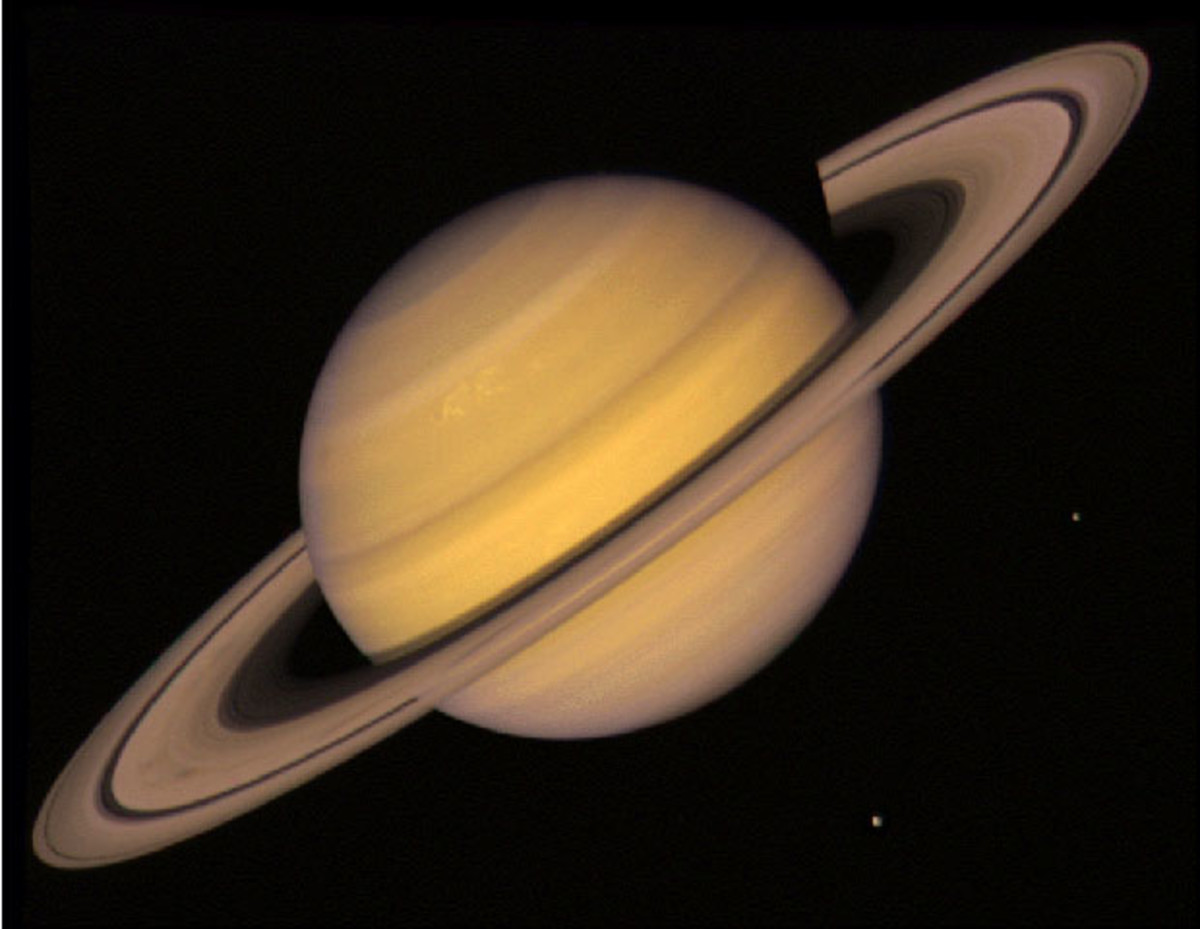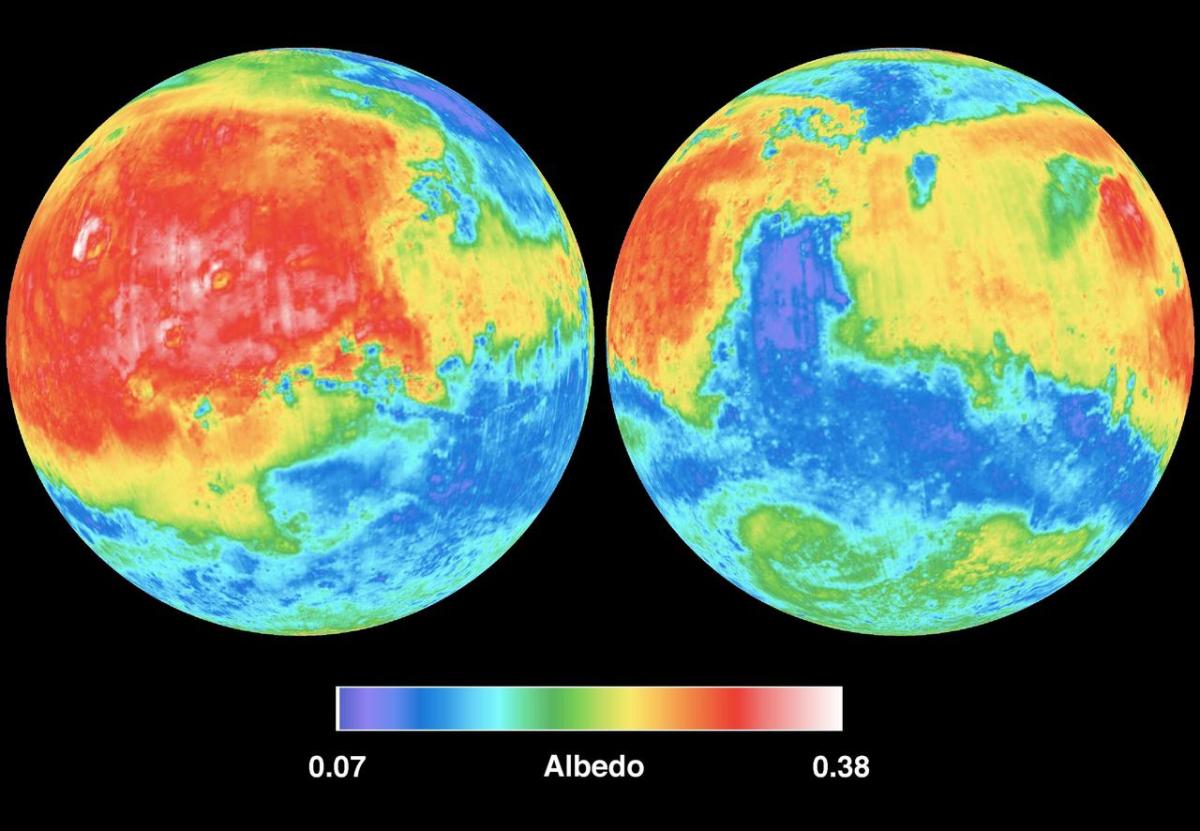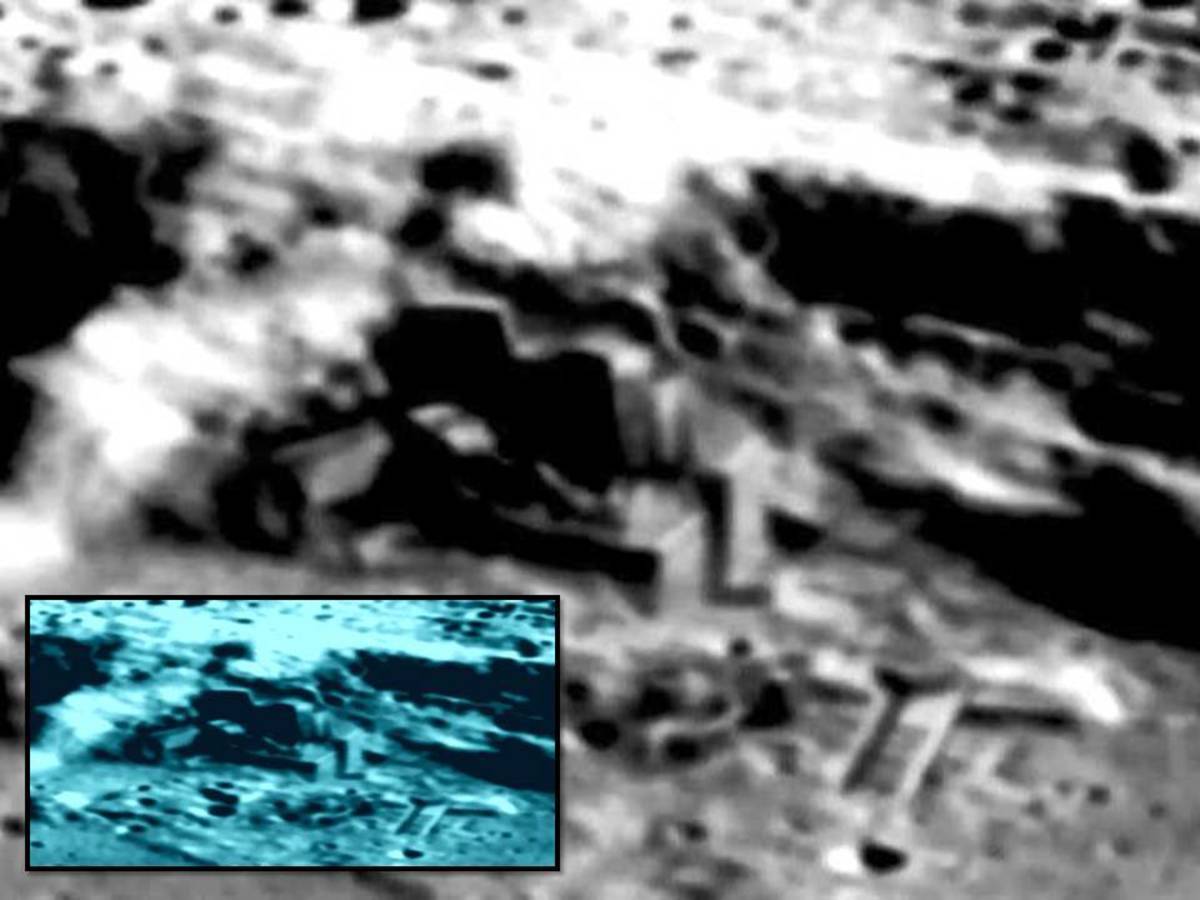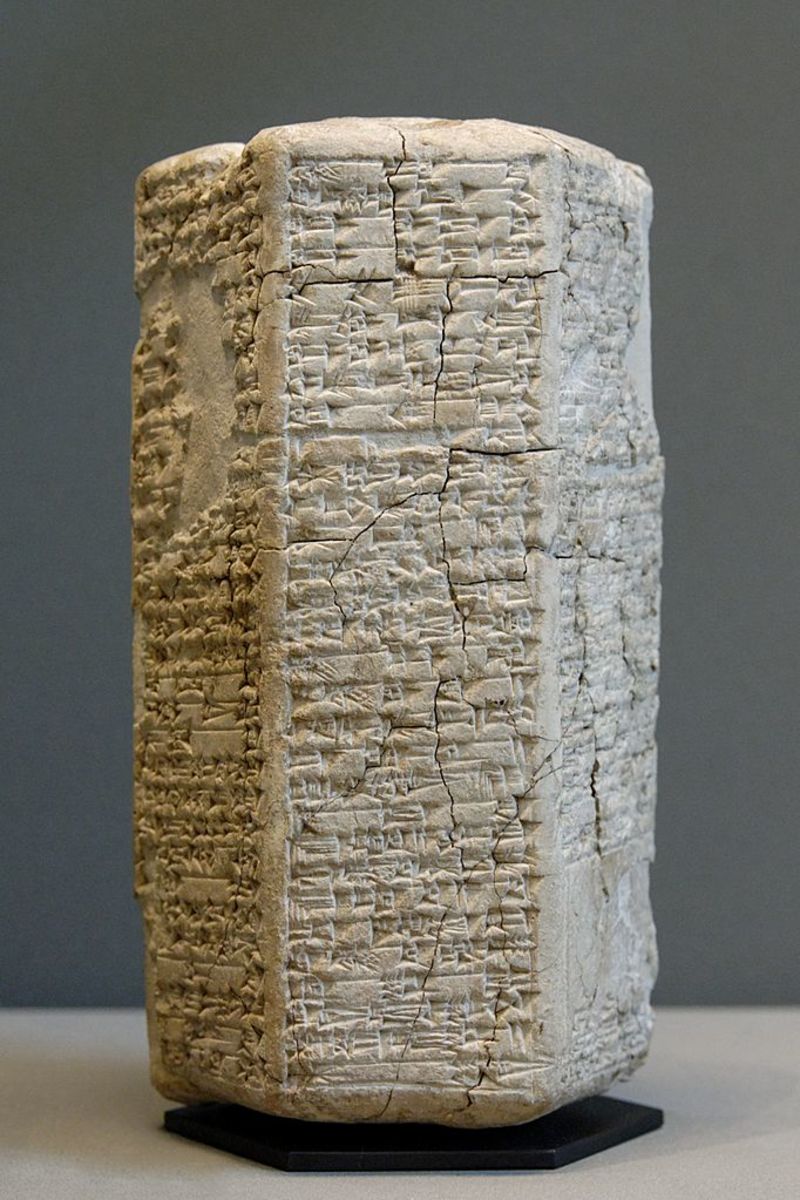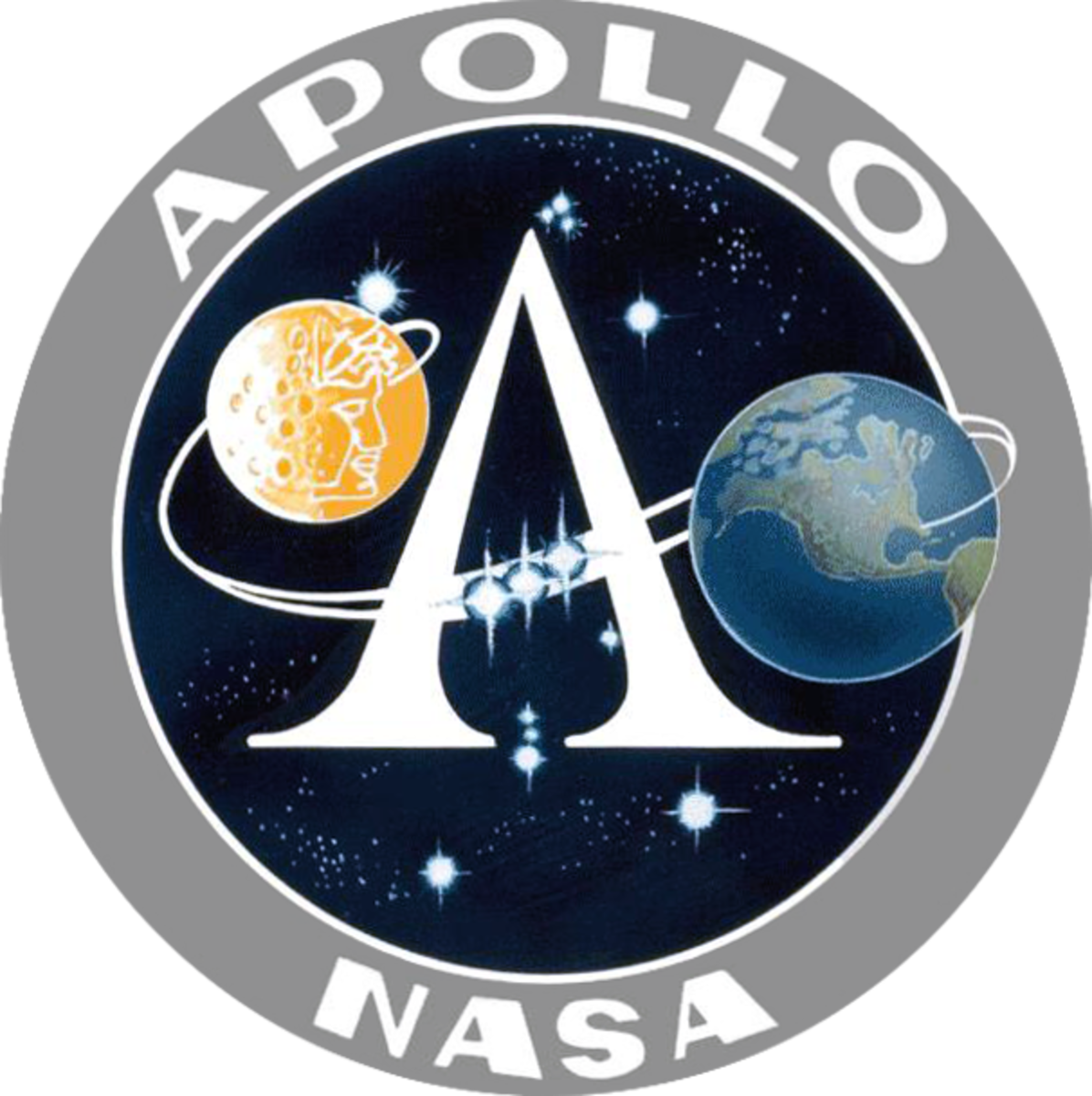Is there any life out there?
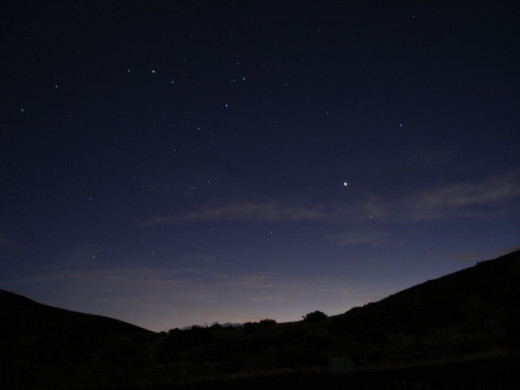
Have you ever looked up the beautiful night sky at those stars twinkling in your eyes and asked yourself....Is there life out there? Is there anyone out there?...Well, if so, you're not the only one!
Ever since the first man and first woman, the heavens have been a mystery, back then everyone had various beleifs to what was up there, from Gods looking down at us to spirits and our love ones. Over centuries humans began to study and learn more and more about the night skies, from Galileo to modern day astronomers and scientists, we have learned about where and on what we truly live, and what is out there around our planet, our home. Nowadays, we know even more about the stars that twinkle in the night sky not just those in our solar system, but those far away in the distance, and soon, we may discover "life".
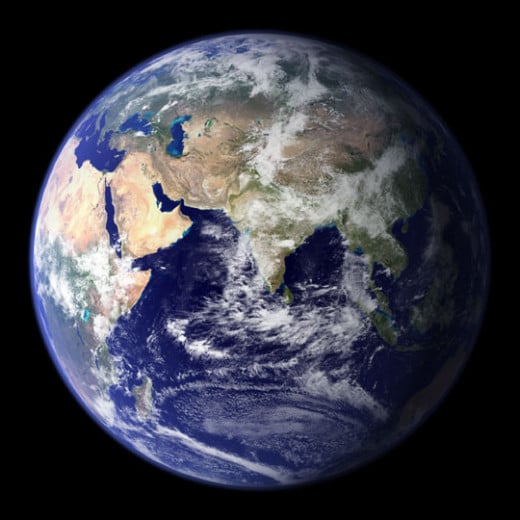
Is there life on planet Earth?
Ok, silly question, but let's look at our planet, because our planet is unique, 100% original and no other planet in our solar system is 100% the same "life-wise". Our planet is a proof, life exists. From the bottom of the deep blue ocean, to the lands that surround it, to even the great blue sky above us. There is life on planet Earth, and there has been before we humans ever existed.
Before our ancestors, the first man and first woman's grand parents roamed the earth long before the dinosaurs ruled the earth life, or the first flower or tree ever grown life was present on our planet. Tiny microbes bacteria and other single cell micro-organisms are said to have been the first to live on this planet, and evolved over time, from sea creatures to land creatures, to plants, they all evolved over time, due to the changes in their environment surroundings, and natural life cycle.
Since there is life on this planet, and has always been before we were born, could this simply mean that life on other planets is possible?
Of course, it would be absurd to deny or say that life only exists on planet earth and that no life exists on other planets, although we have not seen life like ours on other planets, the fact that life exists on this planet tells us that life could have and does exist on other planets.
On Earth we have extremophiles, these are organisms that can live in conditions where life usually is not feasible, such as volcanic heat, lack of oxygen, extreme pressure, conditions and even the vacuum of space (the tardigrades are microscopic organisms that can survive there). That is, there are ways of life that may prevail in conditions similar to those found on other planets and moons in our solar system, for example the possibility of some form of life on Mars or on Saturn's moon,Titan
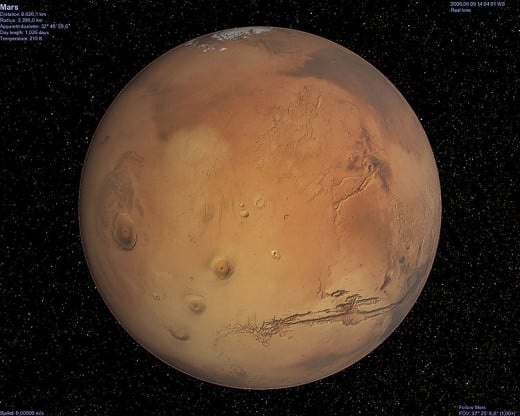
Is there life on Mars?
Mars has been well known for many years, from comics to tv documentaries and films of men from Mars, the question as to whether life exists on Mars has been asked so many times.
It is true to say, that we will never find any man or woman on Mars, or even a goat or a rabbit. But there is a possibility of organic molecules on the red sandy planet.
On November 2011 Curiosity, a robot was sent to Mars to look for any signs of life on Mars, Images of the Martian surface show that there could be some sort of life out there, and that tiny organic molecules could be living on this planet. This however is not a fact but speculation, but the possibility that Mars could house tiny organisms is possible, but quite slim.
Despite reducing the chances of the existence of life on Mars , speculation in this regard has sparked an old debate: Is it possible that there is life on other planets ?
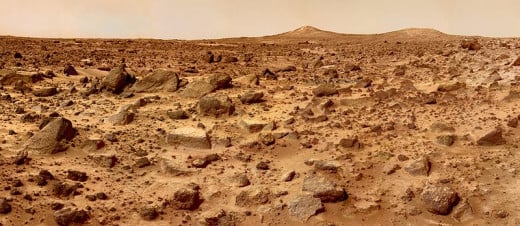
Reasons supporting the existence of life on other planets:
Evidence of chemical precursors of life on other planets and moons.
These molecules evolve to form complex chains such as DNA, originated in organic compounds -proteins, carbohydrates and lipids - which were initially dissolved in the atmosphere and ocean. Although there are no evidence of the presence of these precursors on other worlds. It is said thatTitan has some in its atmosphere and the spectrograph reveals the presence of some in the Orion Nebula . They are not reliable proof of life, but a proof that they could exist out of our planet.
Discovery of Earth-like exoplanets
Earth like planets have been discovered in the last few decades, hundreds of extrasolar planets (most of them gas giants like Jupiter ). The exciting thing is that many are small rocky worlds like Earth. Several of them are at a similar distance from their stars, like we are from our Sun, which could produce temperatures similar to those on Earth.
The great diversity and tenacity of life on Earth
Life not only evolved on Earth under extremely difficult conditions, but also somehow managed to survive mega-volcanoes, meteorite impacts, ice ages, droughts, ocean acidification, and radical weather changes. We have also seen the incredible diversity of life on our planet in a relatively short period of time, geologically speaking. Life is very tough. Why could there not be life on the moons of Saturn, or even in another planet beyond our system?
The mysterious origin of life on Earth
Although we have theories about how life originated on Earth, including complex carbon molecules mentioned above, there is a final mystery to how these molecules joined to form fragile membranes that eventually became cells. This mystery has deepened as we know more about the incredibly hostile environment on Earth when life evolved, the atmosphere was full of methane, and the planet's surface was boiling with lava. A common theory is that the really simple unicellular life evolved elsewhere, perhaps Mars and came to Earth or aboard meteorites. This theory is known as panspermia, and suggests that life on Earth came from other planets.
The growing evidence that the oceans and lakes are common, at least in the Solar System
Life on Earth originated in the ocean, so this might be the case in other worlds. Now, there is a strong evidence that water once flowed freely on Mars, and Saturn's moon Titan has methane seas and rivers flowing along its surface. It is believed that Jupiter's moon Europa has a massive ocean, heated by the core and completely covered by a thick protective layer of ice.Any of these worlds could have supported life at some point, or at present.
Evolutionary theory
People often use the Fermi Paradox to explain why we will never find intelligent life in the universe. On the other side is evolutionary theory, which suggests that life adapts to its environment. If we consider that our environment is not just planets, but also solar and interstellar space, an unorthodox interpretation of evolutionary theory suggests that life may also adapt on other planets. One day we might find creatures that have evolved in ways you never thought possible.

What we have and may learn from Kepler
The Kepler space telescope one of the most ambitious Earth-like planet hunters costing more than half a billion dollars was launch in March 7 2009 to discover whether there is life on other planets. This space telescope has discovered 100–400 billion exoplanets many like our planets by 2013, and is now closer than ever to finding life on other planets.
On April 2013, NASA announced that they have discovered three new Earth-like exoplanets they were Kepler-62e, Kepler-62f, and Kepler-69c which were said to be in the habitable zones of their host stars. The new exoplanets are considered "prime candidates" for possessing liquid water and also the possibility of life.
Because Kepler cannot see planets, the planets are determained by the way they pass their star, brightness determines the size of the planet.
Scientists have discovered so many planets, with different shapes and sizes, from planets smaller than Mercury to bigger than the biggest planet in our solar system Jupiter, steaming hot planets and giant Jupiter sized super Earths, planets that orbit two stars, and planets that orbit stars different and similar to that of our Sun. Planets that rotate like our Earth, and tidal locked planets where the sun never sets on one side and the sun never rises on the other side, rocky planets and planets that may be ocean planets.
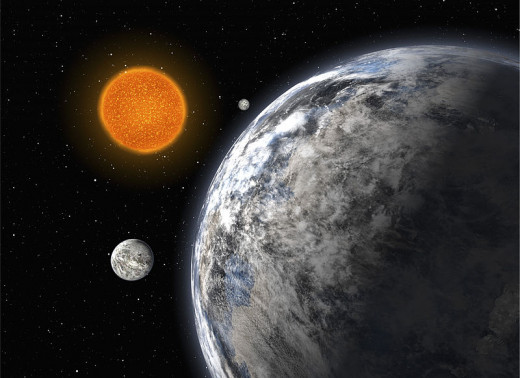
What kind of life could we expect out there?
Kepler has found many planets out there within the habitable zone capable of having life just like or similar to that of Earth. Kepler 22b a planet said to be in the habitable zone and orbits a star just like our sun.
In order to speculate what kind of life could live on planets like Kepler 22b we need to know what kind of planet it is.
We already know what kind of planets we have in our solar system, we have the rocky planets like Mercury Venus Earth and Mars, and the gaseous planets like Jupiter Saturn Uranus Neptune and Pluto.
It is believed that Kepler 22b is covered in ocean, on a planet like this we could expect creatures like that we see on our oceans, alien plants similar to those beneath and above our oceans, to small fish like creatures to sea giant predators.
On planets that are tidally locked like we could expect a life that would be adaptive to heat of the sun and light on one side and life that is adaptive to darkness on anotherside and life that's in the middle where darkness meets light., depending on the star, a red dwarf star could mean the plants on those planets would be of different colour to that on our planet, instead of green, maybe black.
Life on those planets could evolve in ways that are so different to that on our planet due to their natural environment.
Giant creatures once roamed our Earth and the possibility of giant creatures similar to dinosaurs on other planets especially on super earth planets are possible.
And the possibility of finding intelligent life, and no, not green men or donkeys that talk, but intelligent life like us, the possibility that there may be humans/human-like creatures like those who roamed our planet on other planets is nothing but speculation, but a possibility. Humans on other planets could be more advance than us, or even less advance, there was a time where we as humans on this earth never knew what a computer was, or even a book.
Life existed before our planet was created and life exited through our planet's turbulant past and will exist even after we are extinct from this planet.
Life on other planets whether plants animals or human-like creatures similar to us remains a mystery, a case unclosed but however we may soon find out the truth as to whether life exists on other planets.



